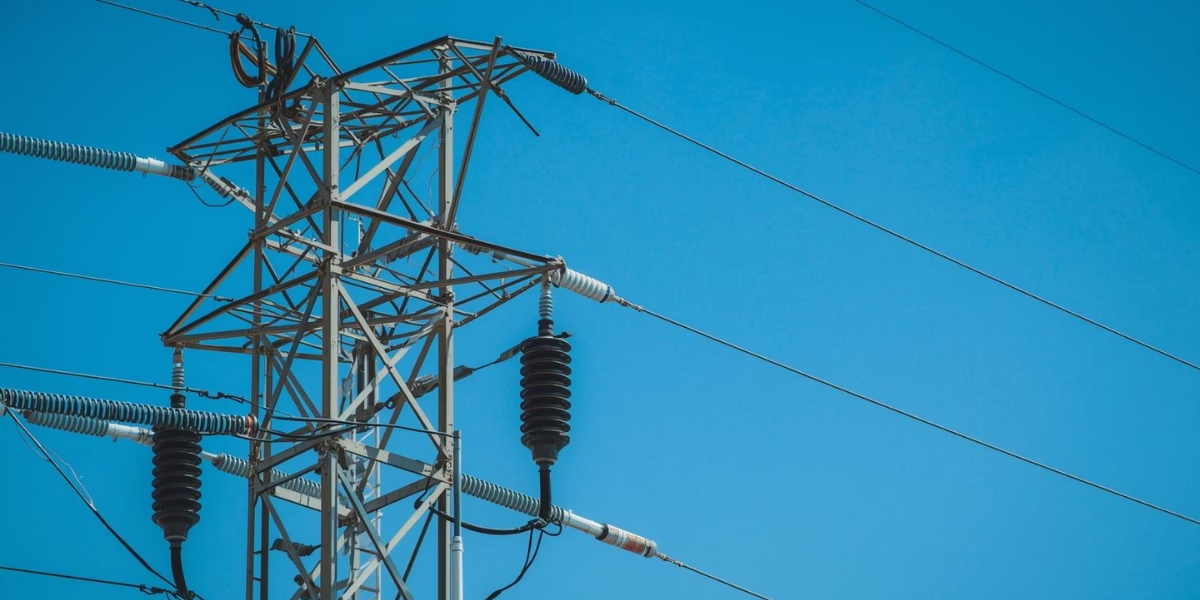Electrical systems require reliable insulating materials that can withstand heat, voltage stress, and environmental exposure. Over the years, epoxy formulations have been designed to provide dependable protection in both low and high-voltage applications. Modern solutions for electrical insulation with epoxy resins are recognized for their strong dielectric properties, mechanical durability, and thermal stability. From transformers to printed circuit boards (PCBs), epoxy resins continue to secure their role as a cornerstone of electrical engineering.
Why Epoxy Resins Are Chosen for Electrical Insulation?
The selection of insulating materials is guided by safety standards, performance expectations, and operating environments. In this context, epoxy resins provide clear advantages:
- High Dielectric Strength: Stable insulation is achieved even under extreme voltage.
- Thermal Endurance: Resistance to elevated operating temperatures prevents early degradation.
- Moisture and Chemical Resistance: Sensitive components are protected from external stress.
- Dimensional Stability: Shrinkage during curing is minimal, ensuring consistent insulation layers.
These benefits make epoxy systems ideal solutions for electrical insulation with epoxy resins in demanding environments.
Applications of Epoxy Resins in Electrical Insulation
Epoxy Resin Usage in Transformers:
In transformer systems, insulation is vital for preventing short circuits and ensuring voltage regulation. The resins are used for:
- Encapsulation of Windings: Protects coils against mechanical vibration and thermal stress.
- Cast Resin Transformers: Delivers non-flammable, moisture-resistant insulation for medium voltage.
- Dielectric Barriers: Maintain separation between high-voltage components.
Transformers that rely on solutions for electrical insulation with epoxy resins experience enhanced service life and safer operation.
Switchgear Systems
Switchgear is required to operate safely under high voltage while being exposed to mechanical wear and environmental stress.
- Arc Resistance: Prevents damage during switching operations.
- Moisture Resistance: Reduces the risk of breakdown in humid conditions.
- Mechanical Integrity: Provides structural support to internal components.
Switchgear built with solutions for electrical insulation with epoxy resins aligns with IEC standards, ensuring reliable power distribution networks.
Printed Circuit Boards (PCBs)
PCBs demand materials that offer insulation, adhesion, and thermal resistance. Epoxy fulfill this by:
- Dielectric Layer Formation: Prevents short circuits between conductive paths.
- Flame Retardancy: Enhances safety by reducing fire risks.
- Dimensional Stability: Ensures minimal warping under heat.
As electronics become more compact, epoxy-based solutions for electrical insulation with epoxy resins allow engineers to optimize performance without compromising safety.
Epoxy Resin Uses in Motors and Generators
Rotating machines require insulation to protect windings and withstand mechanical stress. Epoxy materials are chosen for:
- Vacuum Pressure Impregnation (VPI): Improves penetration of resins into motor windings.
- Heat Resistance: Prevents premature aging during continuous operation.
- Vibration Resistance: Reduces the risk of insulation breakdown under load.
Motors designed with solutions for electrical insulation with these resins exhibit longer lifespans and higher efficiency.
Capacitors and Relays
In capacitors and relays, insulation prevents leakage currents and ensures controlled electrical behavior. Epoxy resins provide:
- Stable Dielectric Properties: Ensures accurate capacitance values.
- Moisture Blocking: Protects internal elements from environmental damage.
- Mechanical Strength: Maintains integrity under repetitive switching.
By incorporating solutions for electrical insulation with epoxy resins, these components achieve consistent and safe performance.
Dielectric Properties of Epoxy Resins
The success of epoxy formulations in insulation lies in their strong dielectric behavior. Key properties include:
- Dielectric Strength: Ensures reliable resistance to electrical breakdown.
- Dielectric Constant: The range is suitable for most electronic systems.
- Volume Resistivity: Maintains insulation efficiency over long service durations.
- Thermal Class Ratings: Commonly meet Class F standards.
Because of these attributes, epoxy-based solutions for electrical insulation with epoxy resins are consistently adopted in both high and low-voltage applications.
Advantages of Epoxy Resin Over Conventional Insulation Systems
Compared to alternative materials such as polyester, silicone, or ceramic insulators, epoxy resins provide distinct advantages:
- Improved Mechanical Strength: Offers superior resistance to cracking under stress.
- Moisture Barrier: Performs better in humid or wet environments.
- Design Flexibility: Can be cast, coated, or impregnated depending on requirements.
Therefore, solutions for electrical insulation with epoxy resins are not only reliable but also adaptable to a variety of designs and industries.
Future Outlook for Epoxy Resin-Based Insulation
As industries transition to renewable energy, electric vehicles, and compact electronics, insulation requirements are evolving. Epoxy systems are being modified with nanofillers and hybrid polymers to provide:
- Higher Voltage Endurance
- Better Thermal Conductivity
- Enhanced Environmental Resistance
These developments suggest that solutions for electrical insulation with epoxy resins will continue to align with emerging IEC standards and next-generation technology needs.
Concluding Thoughts:
Electrical systems cannot operate safely without robust insulation materials. Epoxy formulations offer a rare combination of thermal resistance, dielectric stability, and mechanical durability. Whether in transformers, switchgear, PCBs, motors, or capacitors, solutions for electrical insulation with epoxy resins provide long-term reliability and compliance with international standards. As technology advances, epoxy resins will remain integral in ensuring that electrical and electronic systems are efficient, safe, and sustainable.
COMPANY INFO
Website: www.crestresins.com
Phone: +91 9879233188
Email: enquiry@crestresins.com
Address: 605/A, 6th Floor, Tower D, Times Square Grand Office, Sindhubhavan Marg, Near Taj Hotel, Ahmedabad, Gujarat - 380059

